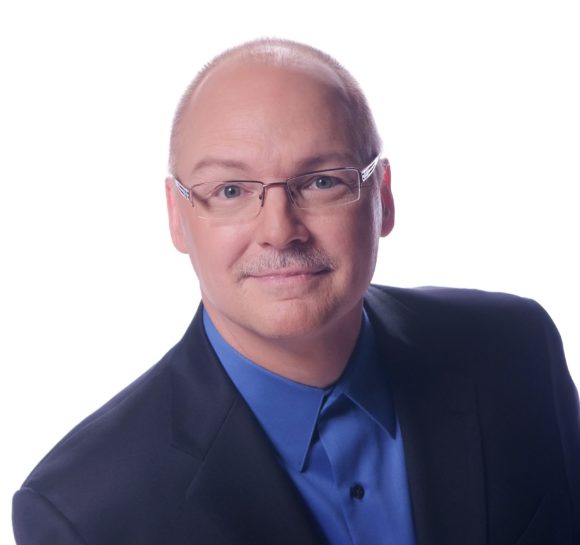Jun 21, 2016
6 Tips from Jeff DeGraff for Creating an Ideal Workspace
The location in which one works undoubtedly has a large effect on the kind of work (or lack of work) that one produces. A good workspace should enhance your efficiency and also cultivate the work you are doing. A good workspace should also help you break from traditional ways of thinking and provide a safe but dynamic space in which to do so.
An author of several bestselling books on innovation and a business professor at the University of Michigan, Jeff DeGraff has been dubbed the “Dean of Innovation” by clients and colleagues. He also founded the Innovatrium, a one of a kind innovation institute situated within the University of Michigan campus. The Dean of Innovation himself sat down with BigSpeak to tell us about a few simple but essential things that go into creating an ideal workspace that is productive and efficient:
1.) Defamiliarize the Space
No matter how interesting your space is, if you go to it everyday it becomes familiar. Defamiliarization gets you out of everyday routines which can stifle creativity and innovation. Defamiliarize yourself by creating a space that is moveable and can be rearranged regularly, and importantly, one that suites the needs of the current project.
2.) Keep the Space Sparse
Don’t try to make it creative. The more you try to make your space creative, the less creative it will be. Keep it simple and sparse. Consider giving the space a theme or a name that sets the tone for the work you are going to be doing there (for example, Jeff named his complex the Innovatrium). Also, find a location that gets ample sunlight and has a window with a view outside. Viewing natural scenery or even just a tree in an urban setting can recharge the mind. If your space is lacking windows, get a plant or two.
3.) Create a Dynamic Space
An ideal work space should be able to alternate between being a quiet space and an active one. Your brain is very dynamic sometimes it needs to be stimulated and sometimes it needs to be relaxed. Have both sitting and standing desks so that you can alternate between sitting and standing. You also need a space where you can get up and move around, or even go outside for a walk for a short period of time. Once you start changing the dynamic, the speed and the magnitude in which you are thinking will begin to change also.
4.) Minimize Technology
Technology is a distraction that makes us less creative. Jeff has a lot to say about technology, “we have the belief that technology is allowing us to be more original but, nothing could be further from the truth. What it’s doing is finding the people who believe the same things that we do and it making our thoughts closer and closer”. Use technology sparingly and in very specific ways; for example, to gather information, or to learn about things, but don’t let that interfere with your thinking. Jeff clarifies, “don’t get me wrong, I use technology as much as anyone but, when it comes to creating a strategy for a Fortune 500 company, I’m not going to try to use a tablet or a cell phone”
5.) Have Ample Surfaces to Write on
Write, don’t type. Use paper, pens, pencils, whiteboards, etc. to minimize your use of computers and tablets and increase the amount of writing you do by hand. “When you physically write with your hand, that stimulates and sends the information to your neocortex, the part of your brain that is creative. When you start typing and using technology in that way, it doesn’t go to the creative part of your brain. It’s like driving a car, your brain goes into automatic mode”
6.) Find a Location Distant from the Authority of Institutional Forces
The space needs to be distanced enough from institutional forces so that they can’t micromanage, over regulate, and more importantly so that they can’t say “no”. Distancing your workspace from institutionalized thinking creates a space where you are not surrounded by the ideas of past establishments and therefore are free to think in new ways and create a revolution.
Tasha Harris is the Content Associate at BigSpeak Speakers Bureau. She graduated with honors and a degree in English from the University of California, Santa Barbara. She also holds a certificate in Publishing from the Denver Publishing Institute at the University of Denver. Contact her at TashaH@BigSpeak.com
Speaker
Tags

 Jeff DeGraff
Jeff DeGraff